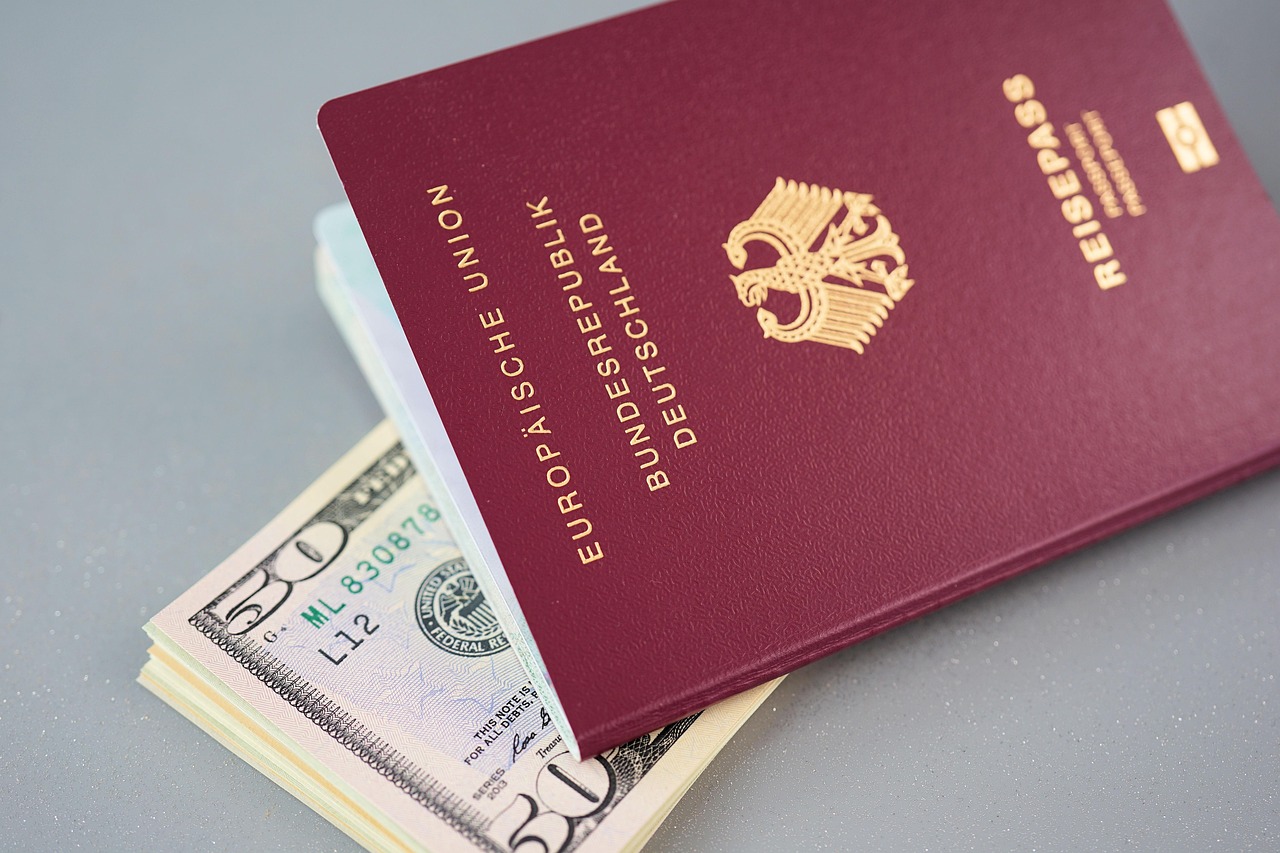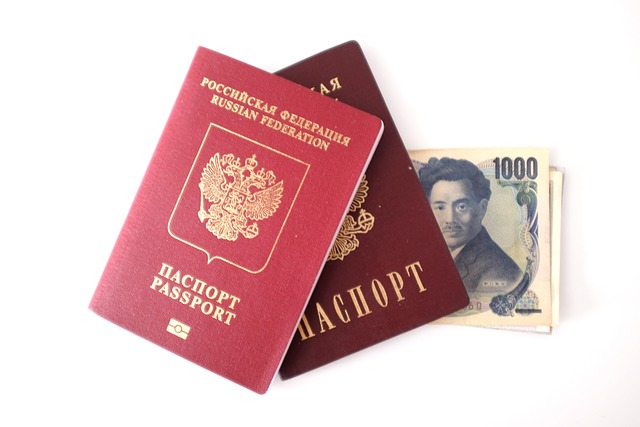Retirement Visas: Moving to the Netherlands After Retirement

The Netherlands, with its high quality of life, excellent healthcare, and picturesque landscapes, is an attractive destination for retirees. However, moving to the Netherlands after retirement requires careful planning and understanding of the visa and residency requirements. This guide provides a comprehensive overview of the process, requirements, and tips for obtaining a retirement visa and settling in the Netherlands.
1. Understanding the Dutch Retirement Visa
The Netherlands does not have a specific “retirement visa.” Instead, retirees can apply for a long-stay visa (MVV) and a residence permit under certain conditions. The most common options for retirees are:
- Residence Permit for Non-Work Purposes: This permit is for individuals who wish to live in the Netherlands without working. It is suitable for retirees who have sufficient financial means to support themselves.
- Residence Permit for Family Reunification: If you have family members who are legal residents or citizens of the Netherlands, you may be eligible for a residence permit under family reunification.
2. Eligibility Criteria
To qualify for a residence permit for non-work purposes, you must meet the following criteria:
- Sufficient Financial Means: You must demonstrate that you have sufficient income or savings to support yourself without needing social assistance. The exact amount required can vary, but generally, you need to show an income of at least the Dutch minimum wage (approximately €1,700 per month for a single person).
- Health Insurance: You must have comprehensive health insurance that covers medical expenses in the Netherlands.
- Accommodation: You must have a place to live in the Netherlands, such as a rental or owned property.
- No Criminal Record: You must provide a certificate of good conduct from your home country or any country where you have lived for more than six months in the past five years.
3. Application Process
The process of applying for a residence permit for non-work purposes involves several steps:
- Prepare Your Documents: Gather all necessary documents, including proof of income, health insurance, accommodation, and a clean criminal record.
- Submit the Application: Submit your application to the Dutch Immigration and Naturalization Service (IND). You may need to apply from your home country or current country of residence.
- Pay the Fees: Pay the required application fees, which can vary depending on your situation.
- Attend an Interview: You may be required to attend an interview at the Dutch embassy or consulate in your home country.
- Wait for Approval: The processing time can vary, but it typically takes several months. Once approved, you will receive a residence permit.
4. Financial Requirements
One of the key requirements for a retirement visa is demonstrating sufficient financial means. Here’s what you need to know:
- Income Sources: Your income can come from various sources, such as pensions, savings, investments, or rental income.
- Bank Statements: You may need to provide bank statements or other financial documents to prove your income and savings.
- Minimum Income Threshold: The exact amount required can vary, but generally, you need to show an income of at least the Dutch minimum wage (approximately €1,700 per month for a single person).
5. Health Insurance Requirements
Health insurance is mandatory in the Netherlands, and you must have comprehensive coverage that meets Dutch standards. Here’s what you need to know:
- Dutch Health Insurance: If you are a resident, you are required to take out Dutch health insurance. This can be more expensive than insurance in some other countries, so factor this into your budget.
- International Health Insurance: If you are not yet a resident, you may need to take out international health insurance that covers medical expenses in the Netherlands.
- EHIC Card: If you are from an EU/EEA country, you can use your European Health Insurance Card (EHIC) for temporary stays, but you will need Dutch health insurance once you become a resident.
6. Finding Accommodation
Finding suitable accommodation is an important step in the retirement process. Here are some tips:
- Rental Market: The rental market in the Netherlands can be competitive, especially in popular cities like Amsterdam and Utrecht. Start your search early and consider working with a real estate agent.
- Buying Property: If you prefer to buy property, be aware of the costs involved, including taxes, notary fees, and maintenance.
- Retirement Communities: There are some retirement communities and senior living options in the Netherlands, though they are less common than in some other countries.
7. Tips for Retiring in the Netherlands
To ensure a smooth transition, consider the following tips:
- Learn the Language: While many Dutch people speak English, learning Dutch can help you integrate into the community and navigate daily life.
- Understand the Culture: Familiarize yourself with Dutch culture, customs, and social norms to make your transition easier.
- Plan Your Finances: Carefully plan your finances to ensure you have sufficient income and savings to support your retirement in the Netherlands.
- Stay Active: The Netherlands offers numerous opportunities for staying active, from cycling and hiking to cultural activities and social clubs.
8. Common Challenges and Solutions
Retiring in the Netherlands can come with some challenges, but with proper planning, they can be managed:
- High Cost of Living: The cost of living in the Netherlands, especially in major cities, can be high. Budget carefully and consider living in smaller towns or rural areas to reduce costs.
- Healthcare Costs: Dutch health insurance can be expensive. Factor this into your budget and explore options for supplementary insurance if needed.
- Integration: Integrating into Dutch society can take time. Join local clubs, attend community events, and make an effort to meet new people.



